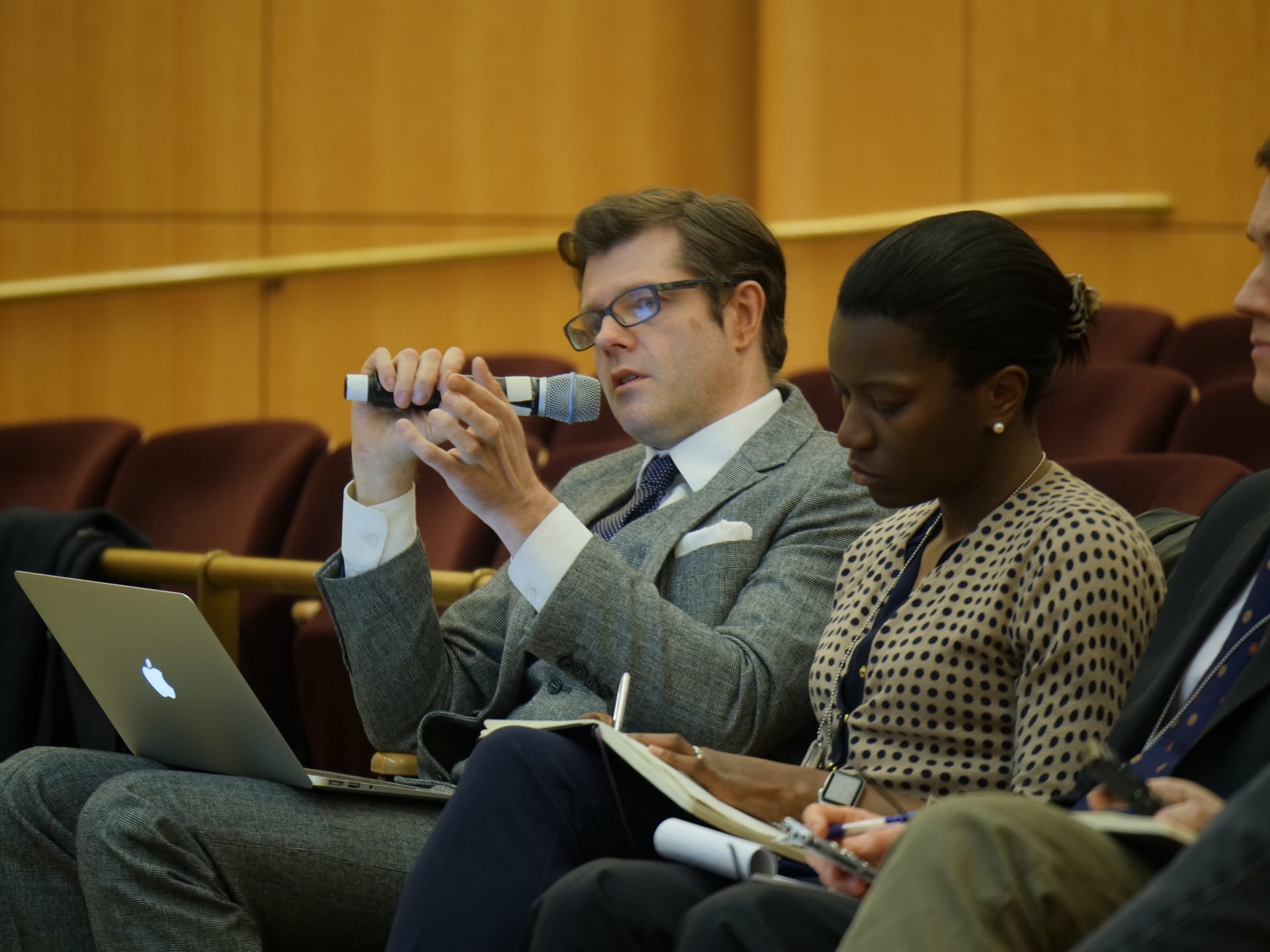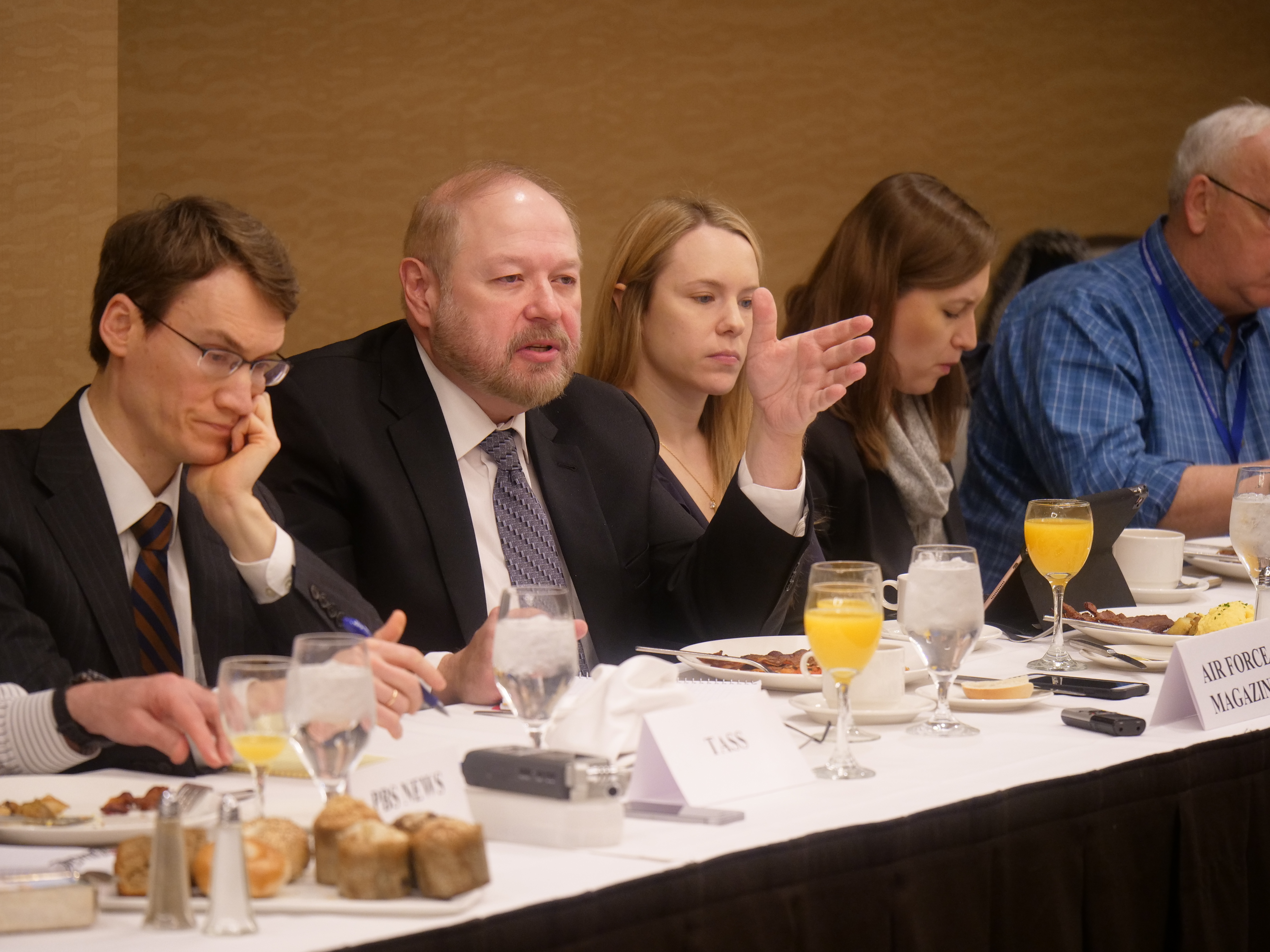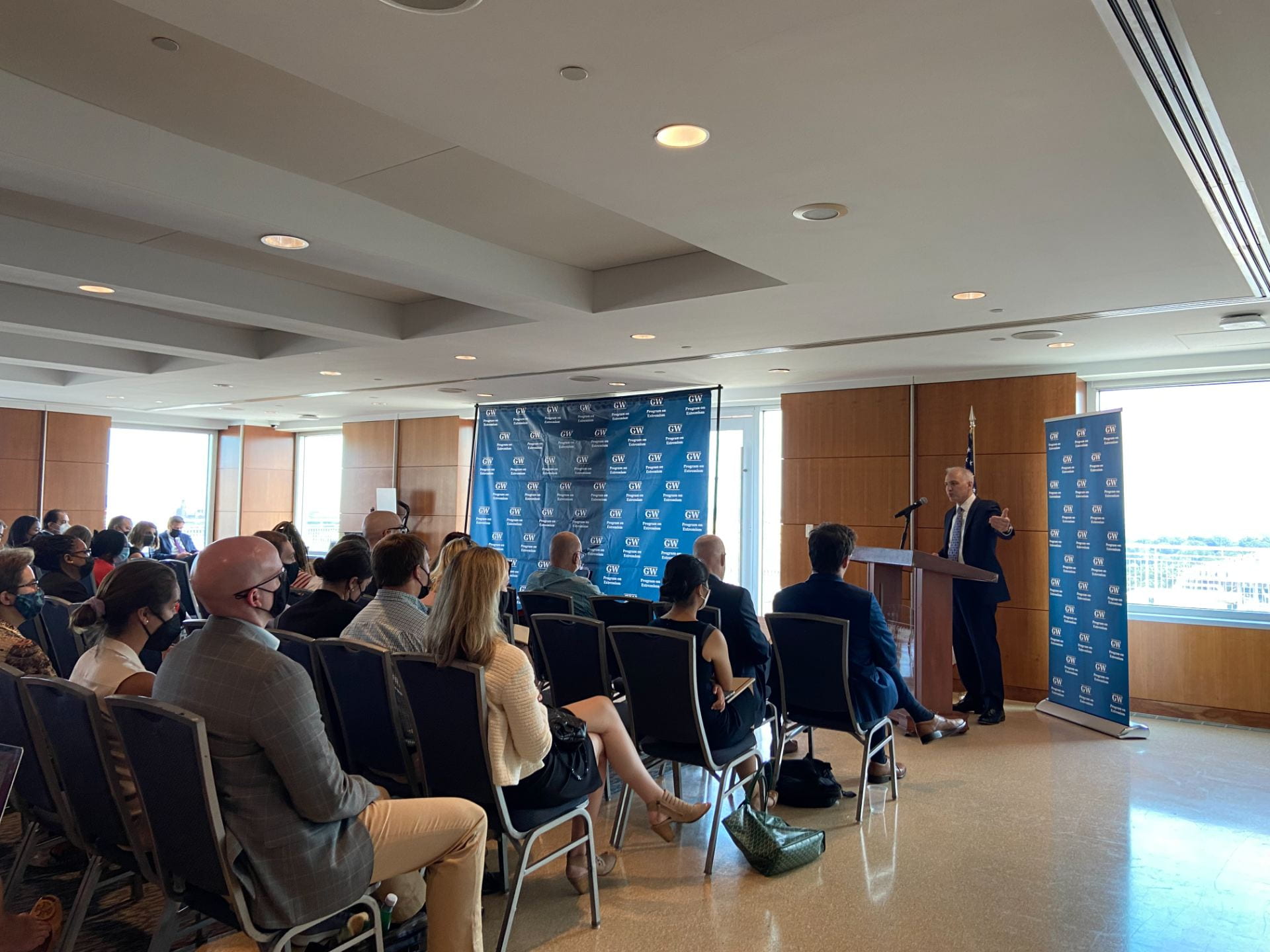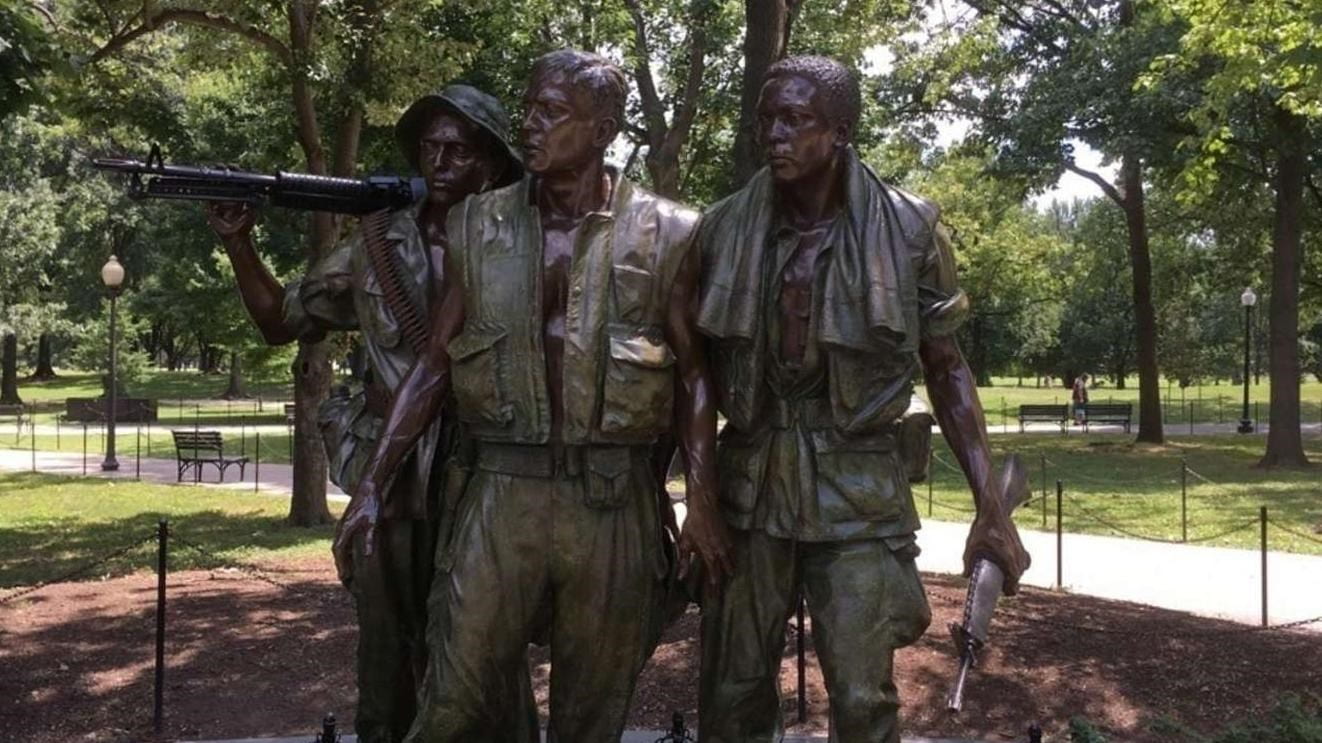Defense Writers Group
The project’s flagship program is the Defense Writers Group (DWG). For nearly 40 years, the nonprofit association of news organizations with correspondents covering military affairs and national security has hosted on-the-record sessions with high-ranking officials to increase understanding between two important American institutions: the media and the military.
The DWG has over fifty member organizations ranging from trade publications such as Navy Times, Aviation Week and Military.com to major newspapers like The New York Times, The Washington Post, The Wall Street Journal and international participants such as Britain’s Daily Telegraph and Japan’s Yomiuri Shimbun.
When the DWG invites a four-star general, a senior intelligence official or a powerful congressional committee chairman to breakfast with reporters it is an invitation from a group of diverse and influential media outlets.
For busy officials, the DWG can be a “one-stop shop” to explain their thinking to a room full of specialized journalists. The sessions result in hundreds of news articles in dozens of media outlets each year.
With a Q&A, format and no opening statements, the agenda is set by reporters. The setting is an opportunity for reporters to build in-depth knowledge rather than soundbites or breaking news.
Nuclear Weapons Seminars
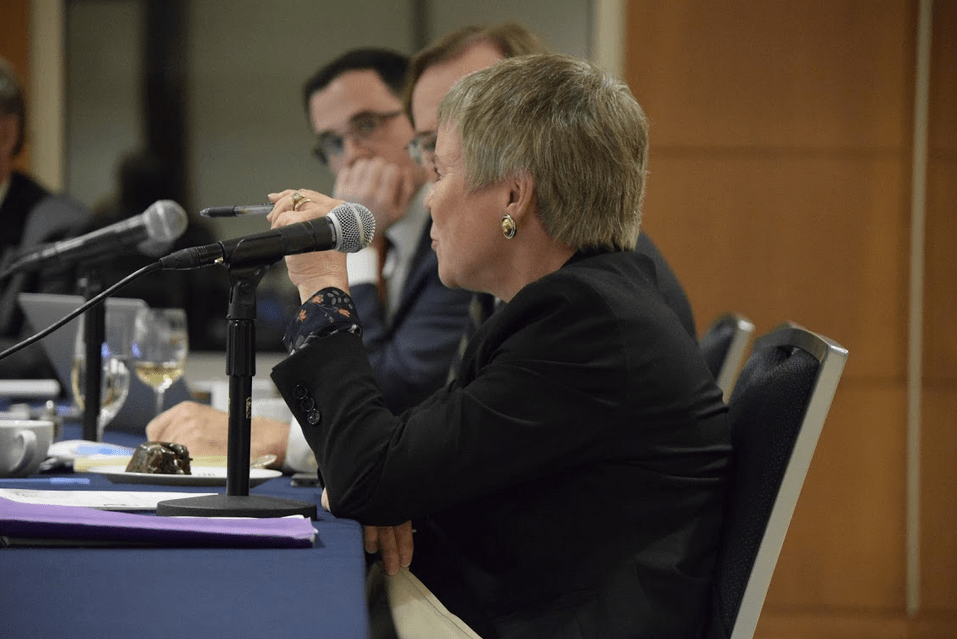
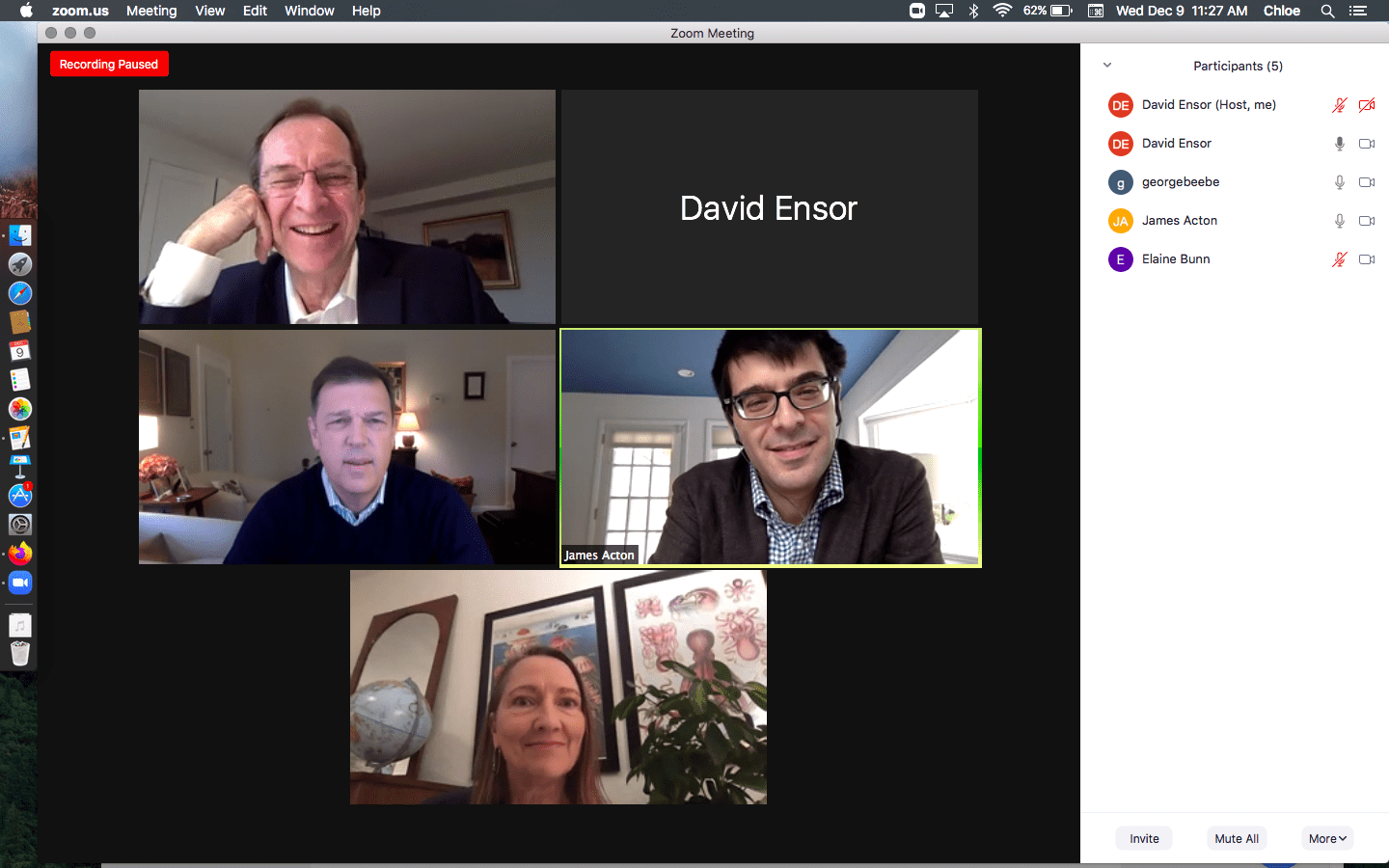
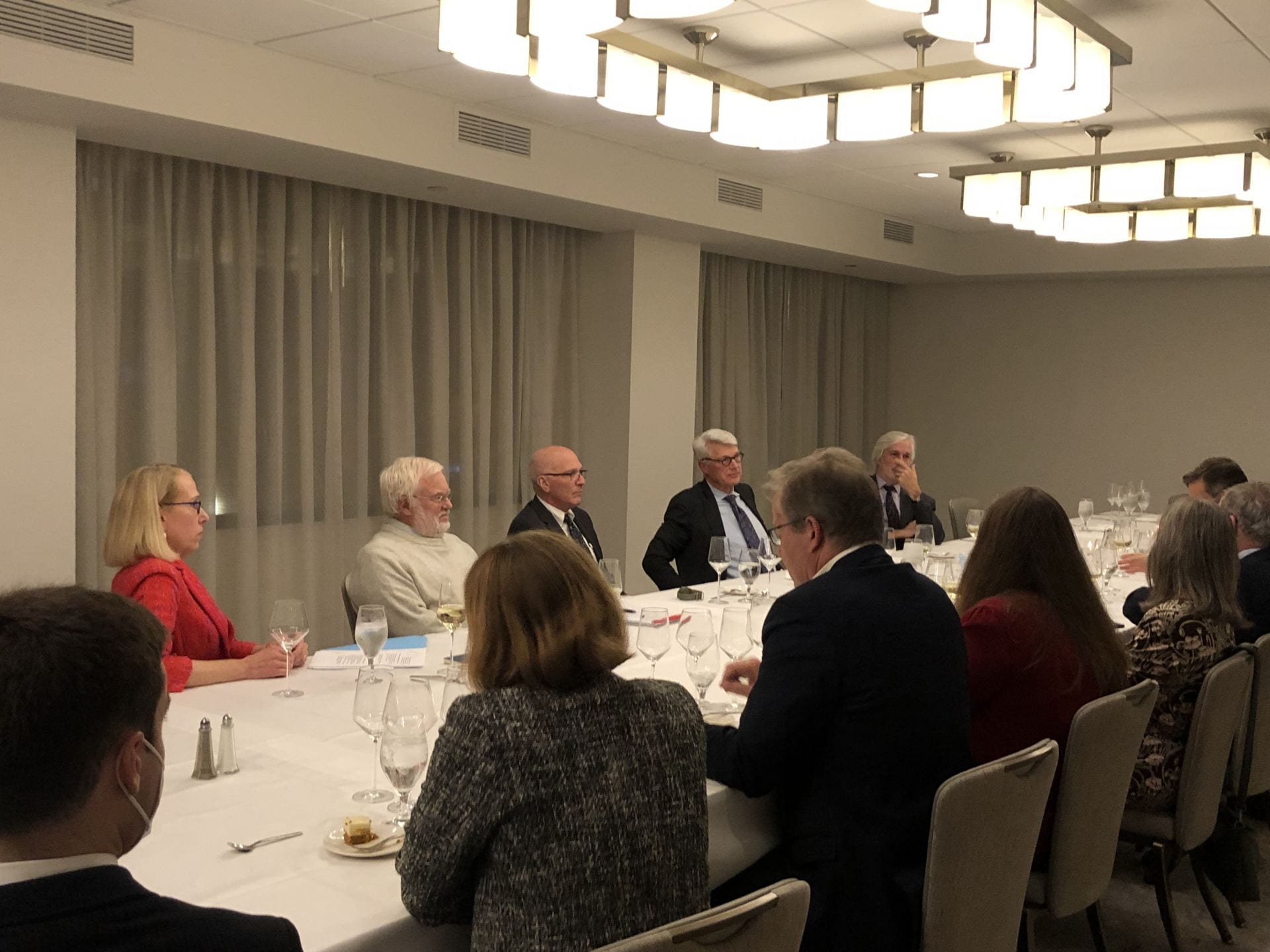
In January, 2020, the Project started a new series of seminars for journalists on issues relating to nuclear weapons, which we plan when possible, to stage twice a year. The first session featured a dinner conversation with Amb. Rose Goettemoeller, former Deputy Secretary General of the NATO Alliance, one of the architects of the New START Treaty, and Timothy Morrison, who had not long before been President Trump’s top NSC advisor on Russia and strategic arms issues.
In December 2020, the Project held a wide ranging second conversation on nuclear weapons issues. Because of Covid 19, the event was a virtual salon featuring three experts: George Beebe, a former CIA Russia analyst, who is the author of “The Russia Trap: How Our Shadow War with Russia Could Spiral Into Nuclear Catastrophe”, Elaine Bunn, former deputy assistant secretary of defense for nuclear and missile defense policy, and nuclear physicist James Acton of the Carnegie Endowment for International Peace.
The Project for Media and National Security hosted its most recent Nuclear Weapons Dinner on Dec. 6, with a panel of experts that included Scott D. Sagan and Allen S. Weiner of Stanford University, Joan Rohlfing of the Nuclear Threat Initiative and John R. Harvey, a former principal deputy assistant secretary of defense.
They led a group of national security journalists and nuclear policy analysts in a discussion about how the Law of Armed Conflict constrains American nuclear doctrine. This critically important topic is even more timely as the Biden Administration moves toward completing its Nuclear Posture Review in an era of rising global rivalries and tensions.
Cyber Media Forums
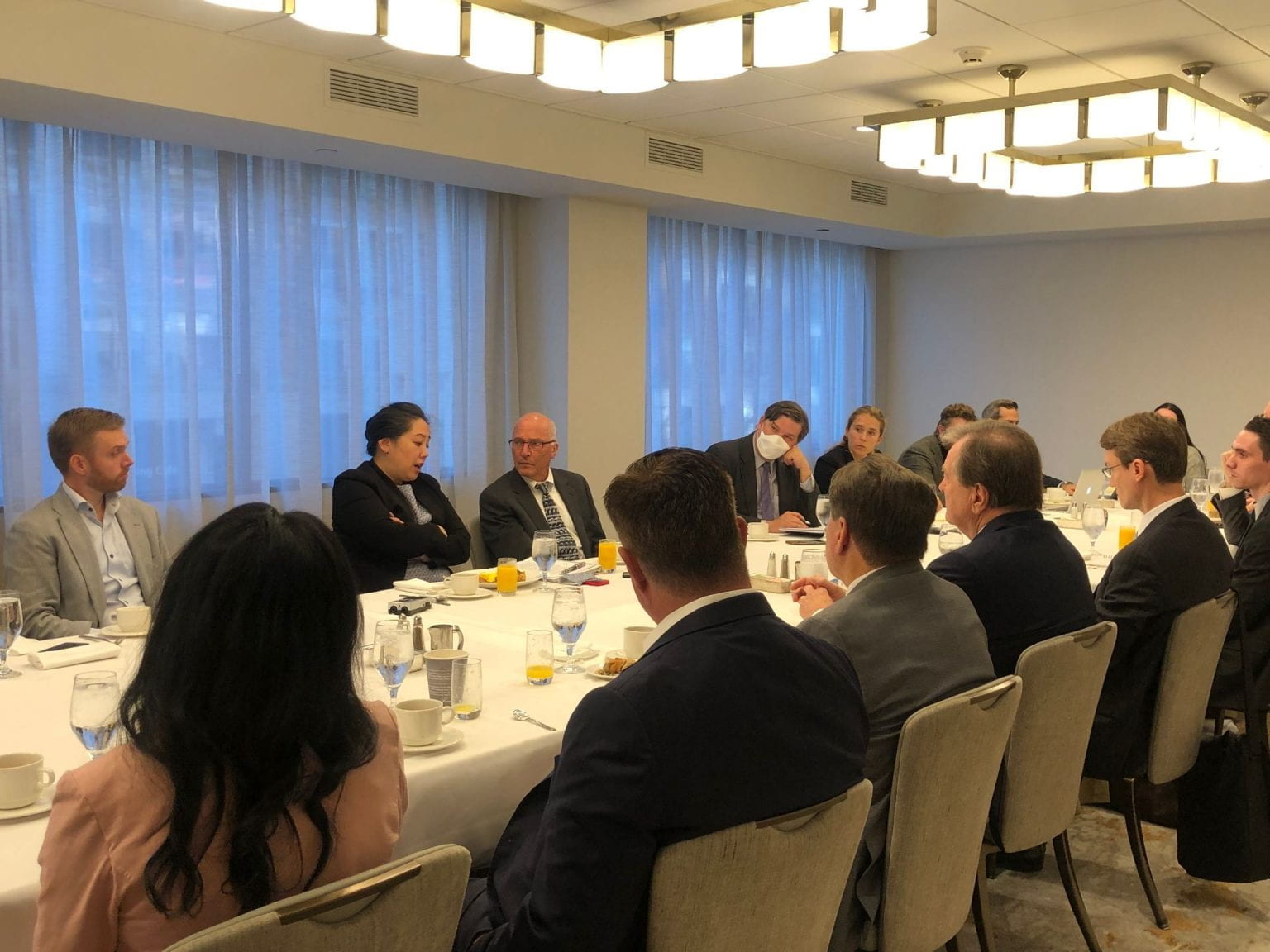
On Oct. 20, 2021, the Project hosted its fourth Cyber Media Forum, with special guest speaker Mieke Eoyang, the deputy assistant secretary of defense for cyber policy. That breakfast meeting with the Pentagon’s top official for cyber policy marked a return to in-person conversations.
Ms. Eoyang discussed the Biden administration’s approach to cyber security, including ransomware attacks, and offered a sophisticated analysis of how to assess cyber threats to the United States.
“Talking about some of these things as weapons and arsenal and sort of analogies that we use from traditional warfare may or may not be accurate when it comes to cyber. And in many cases, they’re actually not accurate and they’re not helpful for people understanding the debate,” Ms. Eoyang said.
"One of the things about cyberweapons is that it’s not the same as a nuclear weapon,” she added. “A nuclear weapon will make a space unlivable and deny access to it for generations. Cyber weapons may be decisive in the sense that they change things at a particular time that make a difference to an adversary’s calculus, but as we saw with Colonial Pipeline eventually people who are determined to reconstitute and continue their operations will do so.”
Click here for TRANSCRIPT.
The conversations are co-sponsored by the Howard Baker Forum.
Threats at Home and Abroad
On June 15, 2022, the Project for Media and National Security and the Program on Extremism held a half-day symposium that explored both the rise of domestic violent extremism in America and the continued threat of international terrorism. This collaborative event brought together the Program on Extremism’s established network of subject matter experts and researchers of violent extremism and the Project for Media and National Security’s extensive membership of reporters covering complex national security issues. The symposium included two panels that explored the latest threat trends. Following the conclusion of these panels, Assistant Attorney General for National Security Matthew Olsen provided a keynote address on the Department of Justice's approach to combatting domestic and international terrorism.
Click here to watch a recording of the event: Threats at Home and Abroad
Vietnam Conference
On April 29, 2023, the Project co-hosted a daylong event on “Vietnam: A 50 Year Retrospective.” The entire event was televised live on C-SPAN, and featured some of the most perceptive and recognized participants in the Vietnam story – and up through the Iraq War. They included noted historians, diplomats, military leaders, Vietnam veterans, Purple Heart recipients, two former senators and a former defense secretary, and foreign correspondents.

